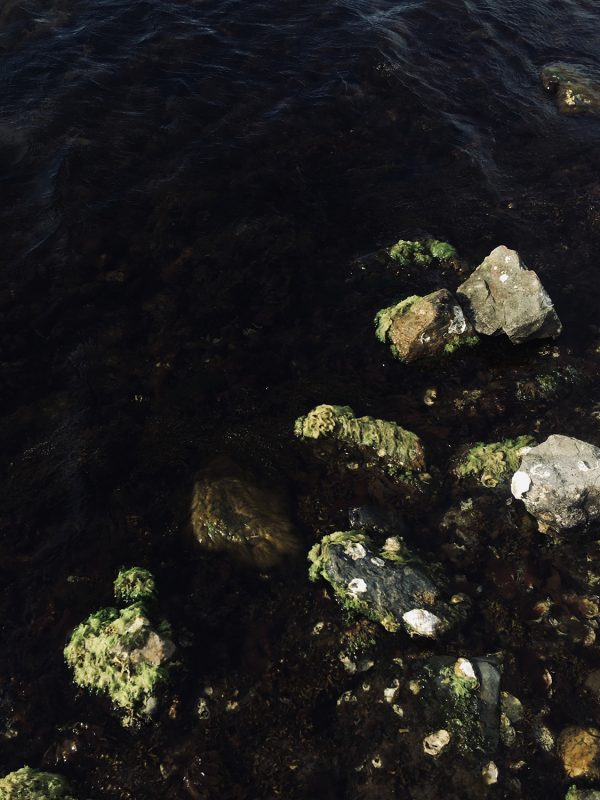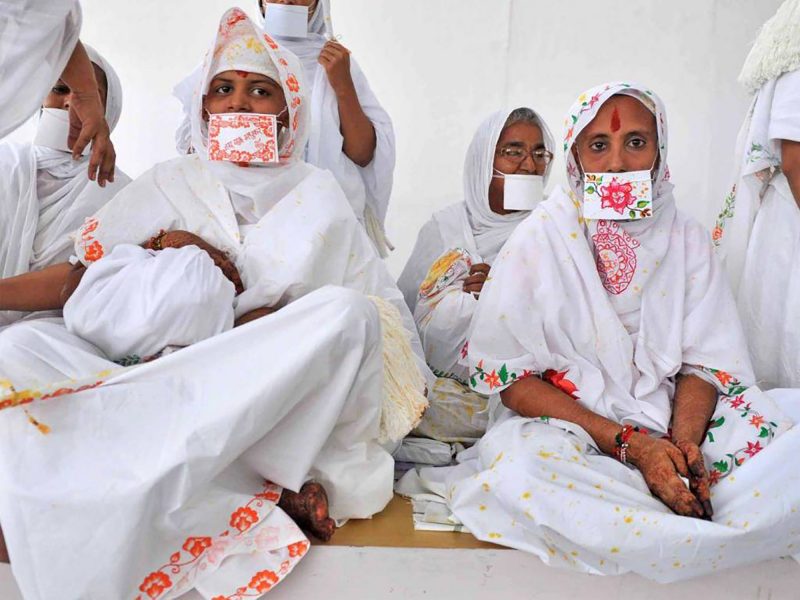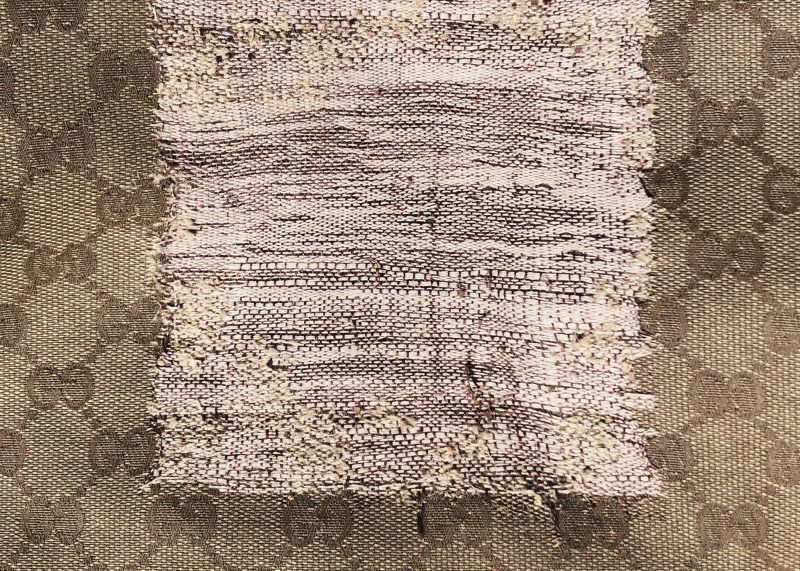Many of the more common management books I have read over the past years refer with regularity towards natural phenomena and ‘primitive nations’ (a terrible appellation specially in this context I must say). It is therefore not surprising that even we in ‘the West’ are taught one specific natural and circular process as from the moment we are young.

We all know the cycle of water. We know that water evaporates and rises in one place, condenses in another and then comes back to earth as rain, snow or hail to restart its cycle. We know that there is a period of time between the different process parts and that none of the parts are taking place in the same place. We also all understand that many other things affect the water cycle. The sun ensures that there is enough heat to let everything evaporate. Mountains ensure that the water is stored in ice caps and rivers ensure the water is moved towards the sea. The moon influences the sea through ebb and flow. We know that all living organisms on our planet depend on water. We can all imagine in which, unfortunately often negative way, we people influence the water. Reservoirs, waste water, water purification and poldering are just a few examples. We have been taught cyclical and holistic thinking from an early age when it comes to water. In other areas it is not really embedded in our Western thinking, while everything we perceive around us consists of vicious circles.
By researching non Western philosophies one thing became clear to me and that is the fact they all consider life itself as one big circular process. Kabbalah, Jainism, Hinduism, Buddhism and many other philosophies and beliefs are based upon the process of reincarnation. They also all are familiar with Karma as a phenomenon or at least something similar. From these perspectives towards life it is therefore normal that current or past actions will have an impact on the future. That future can be near but also far away; in this life or in another, in this country or another country. That principle of thinking results in people living according to these principles treating people and everything around them with more respect.

In case of Jains this life principle has gone so far that monks are dressed in only a white cotton cloth or are even naked in order to spare other living organisms suffering for human needs. Therewith the monks banish their own egos. The monks wear mouth masks to make sure not to inhale insects or micro-organisms and walk barefoot with a broom in front of them to not kill any organism by stepping on them. They are vegan but in such an extent that they will not eat plants where many microorganisms are living on. The ‘normal’ Jainst is often vegan but at least vegetarian. I find it a fascinating way of thinking and living in sharp contrast to our Western lifestyle. How often in our life do we think of microorganisms? That while microorganisms are such an important part of our existence. The fact that Jains are constantly aware of all living organisms in their lifestyle has got everything to do with their belief in reincarnation and the associated Karmic forces.
I could dedicate several blogs to the various perspectives on reincarnation within all kinds of non Western philosophies, perhaps I will do that someday. Why I quote it here is because I believe that thinking in vicious circles like reincarnation helps to get to a better world. A world in which we will interact with each other with more love and care. If we will do so it will affect all generations after us, both psychologically and environmentally. Handing it over to subsequent generations is already a kind of reincarnation in itself.
Also from a scientific perspective (for your understanding: science is received with open arms and even a big part of both philosophies of Kabbalism and Jainism) life is by definition a circular process; part of an ecosystem. We are born, live our lives (and thus influence many other circular processes), we will die, are buried or cremated, are eaten by microorganisms, maggots, worms and so on. They will be eaten by a bird, the bird dies in a field full of grain, the grain will eventually become bread, that bread is eaten by a person and so the cycle starts again. And there are many more possible scenarios to give on that. Perhaps this circular process is just what is meant by reincarnation, who knows? Fact is that everything we do affects many other things and we cannot think circular without thinking complexly.
It would be strange if one would never have to question a circular process again. A circular process is by definition a difficult and chaotic process with many sideways and difficult to control. That is why ‘our’ Western way of thinking likes/liked converting it all into short linear processes; understandable and compact: but totally incomplete.
We, as as users of clothing and products in general, do not see any of the processes involved in making garments. No matter how hard we will ask for it, no matter how well sustainable fashion brands will do their best. Garment manufacturing is taken place in such a immensely complicated system full of sideways one can impossibly imagine the impact it has on the world. Of course we can extract elements from it and so we must. About the exploitation of people, about the polluted rivers, about the water consumption, about the huge amount of chemicals used, about the tons of kilos of clothing burned each year and so on. But if we really want to act circular we must first become one with nature again and think about all our actions and purchases.
We will have to revalue all living things, no longer place ourselves as human beings above anything or anyone else. We have to look for the prehistoric human within ourselves, the ‘primitive nations’ (in this context rather ‘inspirational nations’) as I mentioned before. Use from nature what we need and ensure nature can use everything it needs from us again without even a microgram of waste. If we can do that we can live according to what I think is a perfect cradle to cradle concept. Should we take a step back? Yes. Will that harm us? No, on the contrary.
We are addicted to our current luxury lifestyles and do not realize that the claimed ‘luxury’ has caused a lot of misery. Next to global warming, animal extinction, felled rainforests it also caused us obesity, cardiovascular diseases, human exploitation, stress and burnouts and much more. We strive for an unnatural perfectionism, one we as humans cannot handle mentally and nature is not able to process. Our personal goals are set too high, so we experience stress for the most ridiculous things. Our expectations towards products are so high that we no longer want to iron a garment, no longer want to smell smells, we do not want color to fade and do not want an item to shrink. Therefore many chemicals are added to a single garment, chemicals that make sure entire ecosystems become extinct. Our ideals are unrealistic and it is about time everyone will start realizing so.
Let’s embrace imperfection! No one is perfect and so our products will never be perfect. How rich will life be when we would recognize that not everyone and everything is the same, when we embrace the differences instead of disqualifying them. Let’s see the beauty of all our imperfections. That is why at Hul le Kes we love imperfection and are committed to ensuring that everyone notices its inexhaustible, circular, power. Let’s find peace and inspiration in all that natural beauty.
A circular economy has so many facets to it I am far from finished writing about it. That is why I will continue to share the Hul le Kes way of thinking about circulatory, systems, aesthetics and all other things that move us through our website. Thank you for reading, I hope I have inspired you.

Sebastiaan Kramer (34) is managing director at Hul le Kes. Together with Sjaak Hullekes he graduated from ArtEZ University of the Arts in Arnhem. Ever since their graduation they work and live together. Although Sebastiaan started his career as a fashion designer nowadays he is working on managing the company. He studied Business Administration where he focused on non Western and alternative ways of management. Besides his job at Hul le Kes he also manages Studio RYN and is artistic director at Fashion + Design Festival Arnhem and Duurzame Mode 025 (Sustainable Fashion 025).